Anne Azema, Joel Cohen, Camerata Mediterranea - Troubadour Songs (2011)
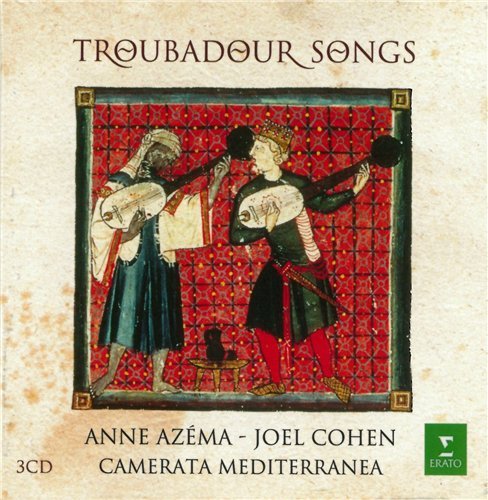
Artist: Anne Azema, Joel Cohen, Camerata Mediterranea
Title: Troubadour Songs
Year Of Release: 2011
Label: Erato
Genre: Classical
Quality: FLAC (image + .cue, log, scans)
Total Time: 03:14:08
Total Size: 826 MB
WebSite: Album Preview
Tracklist:Title: Troubadour Songs
Year Of Release: 2011
Label: Erato
Genre: Classical
Quality: FLAC (image + .cue, log, scans)
Total Time: 03:14:08
Total Size: 826 MB
WebSite: Album Preview
CD 1:
01. Ondas do mar / Altas undas que venez suz la mar
02. Del gran golfe de mar
03. Pos tornats sui en Proenza
04. Ab l'alen tir vas me l'aire
05. Er, quan vei chanjar lo senhoratge
06. Bel m'es, quan vei chanjar lo senhoratge
07. de Dia, Comtessa : Ab Joi et ab Joven
08. Interlude - Danca dles dos domnas
09. Sirvens sui avutz et arlotz
10. Dona, tant vos ai preiada
11. Domna, pos vos ai chausida
12. Ab la dolchor del temps novel
13. Nouvele Amor qui si m'agree
14. Lancan vei la folha
15. Dirai vos senes duptansa
16. Ar mi puesc ieu lauzar d'amor
17. Interlude - Lo freg temps / Ar em al freg temps vengut
18. Be'm degra de chantar tener
19. Un sirventes novel vueill comensar / Judicii Signum
20. O Maria Deu maire
21. Esperanza de totz ferms esperans / Ondas do mar
CD 2:
01. Le Fou sur le pont : Can vei la lauzeta mover
02. Le Fou sur le pont : Non es meravelha s'eu chan
03. Le Fou sur le pont : Cantarai d'aqueszt trobadors
04. Le Fou sur le pont : Lo gens temps de pascor
05. Le Fou sur le pont : E.I. vescoms de Ventadorn (narration)
06. Le Fou sur le pont : E dieus li det (narration)
07. Le Fou sur le pont : Tant ai mo cor ple de joya
08. Le Fou sur le pont : Mout duret lor amors (narration)
09. Le Fou sur le pont : Per melhs cobrir lo mal pes
10. Le Fou sur le pont : E Bernart se'n issi (narration) - Bel m'es can eu vei la brolha
11. Le Fou sur le pont : Lonc temps ac gran joia d'ella (narration) - Lancan vei per mei la landa
12. Le Fou sur le pont : Bernartz de Ventador (narration) - En cossirer et en esmai
13. Le Fou sur le pont : Puois s'en penset (narration) - Eram cosselhatz, senhor
14. Le Fou sur le pont : E apelava la Bernart (narration) - Can vei la lauzeta mover
15. Le Fou sur le pont : Et partic se de Normandia (narration) - Lancan vei la folha - Tuit cil que m pr
16. Le Fou sur le pont : Amics Bernart de Ventadorn
17. Le Fou sur le pont : E lai, a l'orden de Dalon (narration) - Can vei la lauzeta mover
CD 3:
01. "Audi tellus"
02. "Clara sonent organa"
03. Gaucelm Faidit : "Ar levatz sus, francha corteza gens!"
04. Anon : Planctus Beate Marie : "Tantost com fon al loc vengutz" [extract]
05. "Vexilla regis"
06. Jaufre Rudel : "Del quatre caps que a la cros"
07. Anon : "Verbum Patris humanatur"
08. Peire Vidal : "D'un sirventes far"
09. Alfonso X of Castille / Arr Anon : Cantigas de Santa Maria : No.45 "Una ciutatz fo"
10. Anon : Planctus Beate Marie : "Dona, Maire del salvador" [extract]
11. "Flore vernans gratie"
12. Alfonso X of Castille : Cantigas de Santa Maria : No.45 "En bon ponto"
13. Anon : "Gregis pastor Tityrus"
‘What these sound recordings attempt to do is to bring you face-to-face — or, perhaps more appropriately, sound to-heart — with actual works of the troubadours and, occasionally, of others in their circle of influence. The task is daunting for so many reasons: songs got written down decades, even centuries, after their dates of creation; only about ten percent of the original melodies survive; and most direct knowledge of how performers worked out their interpretations at the time has been lost. We know nothing whatsoever about the singing style, or about the techniques of instrumental accompaniment that may have been employed. These performances, therefore, of necessity, reflect a confluence of musicological and philological knowledge with performers' instincts and intuitions, as all of these tendencies interacted with each other at a specific moment in history, the late twentieth century.
The dominant subject matter of the first two programmes, Lo Gai Saber and Le Fou sur le Pont, is worldly love, its joys and its sorrows. Much of what the listener may encounter here may resonate very strongly within his or her mind and heart. This is, in part, because such strong feelings about romance and sex are, in a sense, timeless. But the resonance is also due, in large part, to the fact that it is the troubadours who first set out, in the West, the ethic of man–woman relationships that influences our behaviour to the present day.
What is less known and appreciated about the troubadours is that many of their works do indeed deal, directly, with religion, and with the destiny of man, and often in a powerful and compelling way. The third CD in this series, Provence Mystique — along with some of the tracks of Lo Gai Saber — groups some of these songs and texts, together with other, church-related works of southern Europe, in order to compose a picture of the deeply felt spirituality of that epoch. The listener is bound to note the extent to which the religiously oriented works are bound up with, and interdependent with, the secular love songs. The naive faith of certain spiritually oriented songs contrasts with the pessimism and skepticism of others: traits of character and culture still very much present in the Provencal/Occitan/southern French civilization of our own time.
By reuniting these recordings in a single box, we hope to generate some new insights, understandings, and pleasures. Heard individually, these medieval miniatures, both sacred and secular, are a constant source of energy and delight. Experienced as an interrelated group, these songs of worldly love, and of yearning for the divine, create a dense, intense microcosm of Mediterranean passion and desire: a universe that still calls to us strongly, across the centuries.’ -- Joel Cohen - Aniane, France, June 2010
The dominant subject matter of the first two programmes, Lo Gai Saber and Le Fou sur le Pont, is worldly love, its joys and its sorrows. Much of what the listener may encounter here may resonate very strongly within his or her mind and heart. This is, in part, because such strong feelings about romance and sex are, in a sense, timeless. But the resonance is also due, in large part, to the fact that it is the troubadours who first set out, in the West, the ethic of man–woman relationships that influences our behaviour to the present day.
What is less known and appreciated about the troubadours is that many of their works do indeed deal, directly, with religion, and with the destiny of man, and often in a powerful and compelling way. The third CD in this series, Provence Mystique — along with some of the tracks of Lo Gai Saber — groups some of these songs and texts, together with other, church-related works of southern Europe, in order to compose a picture of the deeply felt spirituality of that epoch. The listener is bound to note the extent to which the religiously oriented works are bound up with, and interdependent with, the secular love songs. The naive faith of certain spiritually oriented songs contrasts with the pessimism and skepticism of others: traits of character and culture still very much present in the Provencal/Occitan/southern French civilization of our own time.
By reuniting these recordings in a single box, we hope to generate some new insights, understandings, and pleasures. Heard individually, these medieval miniatures, both sacred and secular, are a constant source of energy and delight. Experienced as an interrelated group, these songs of worldly love, and of yearning for the divine, create a dense, intense microcosm of Mediterranean passion and desire: a universe that still calls to us strongly, across the centuries.’ -- Joel Cohen - Aniane, France, June 2010
![Rhythm Shaw - Nothing To Lose (2026) [Hi-Res] Rhythm Shaw - Nothing To Lose (2026) [Hi-Res]](https://www.dibpic.com/uploads/posts/2026-03/1772508812_cover.jpg)
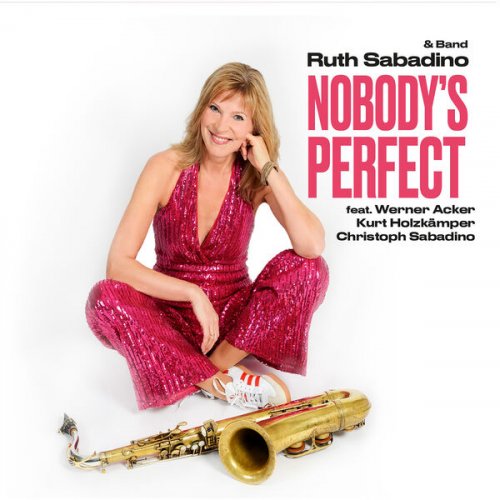
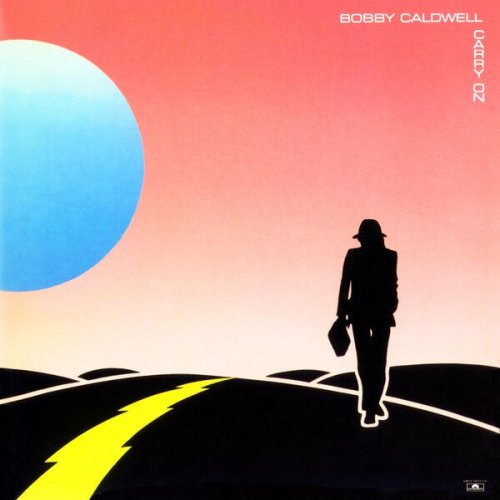

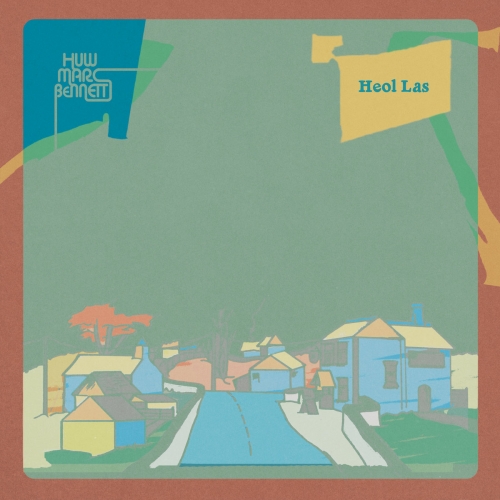
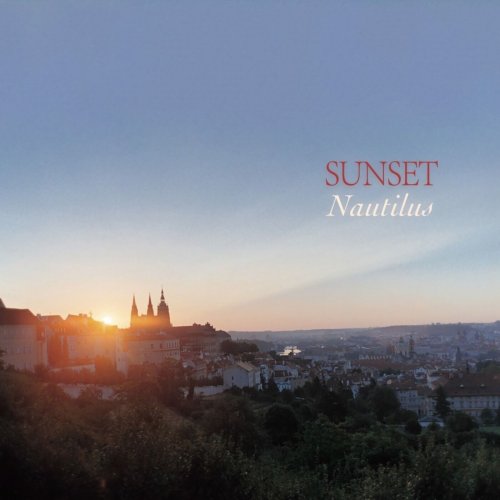
![Charlie Jung - Kailash Band (2026) [Hi-Res] Charlie Jung - Kailash Band (2026) [Hi-Res]](https://www.dibpic.com/uploads/posts/2026-03/1772463390_cover.jpg)

![The Voros Collective - Intercontinental Man (2026) [Hi-Res] The Voros Collective - Intercontinental Man (2026) [Hi-Res]](https://www.dibpic.com/uploads/posts/2026-03/1772344932_cover.jpg)